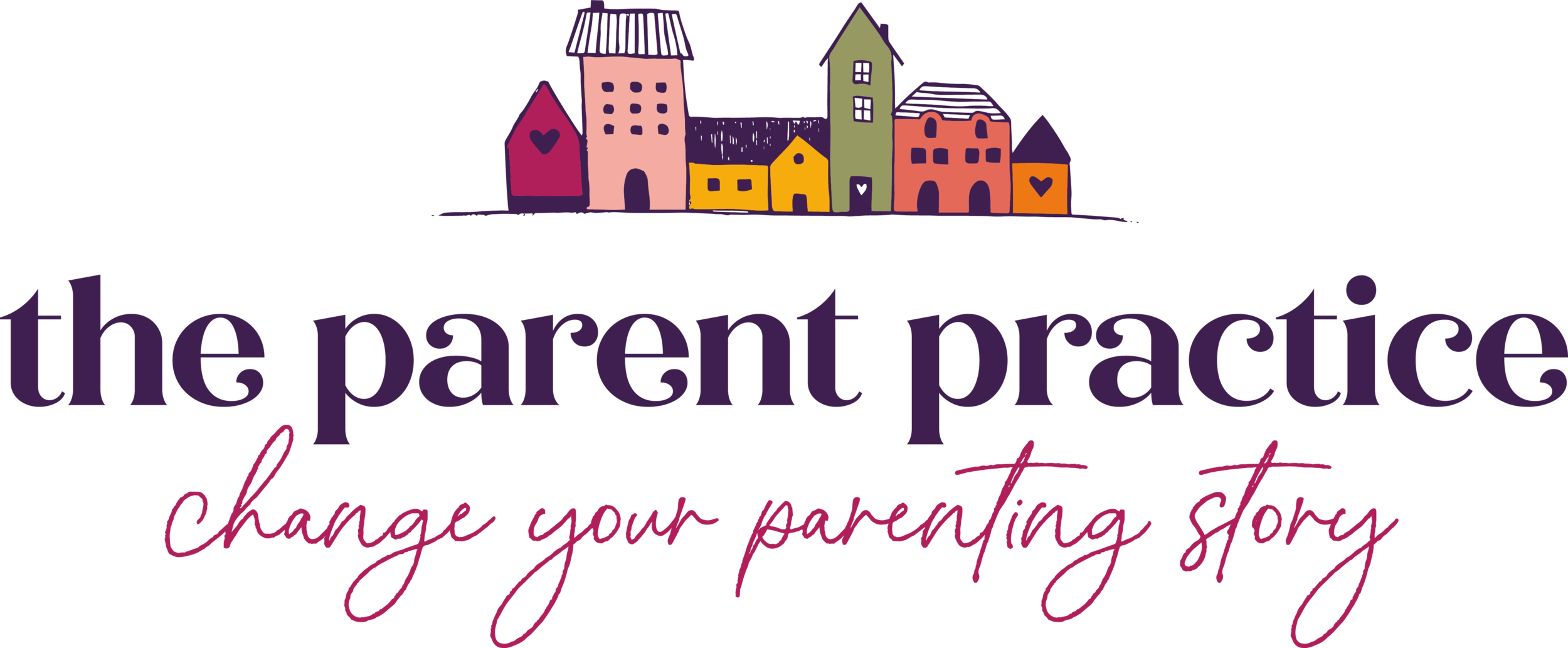The Secret to a Good Divorce
Parenting apart and sharing the care through divorce
In my parent coaching work over the past decade, I’ve developed two niche areas. One of which is neuro diversity, based on my own parenting journey, and the other is coaching separated and divorcing parents, helping them to develop a roadmap for parenting apart and sharing the care.
Every client I see who is in the process of divorcing is concerned about the impact on their children, and the good news is although divorce is always distressing for children and can for some be devastating, it does NOT need to cause lasting harm.
It’s not divorce that harms children, but conflict.
Divorce needs to be seen as a crisis in your parenting story, and you need to respond to it as such. I liken it to recovering from a major operation, and if you had had surgery, you would be giving your body time to recover, doing rehabilitation exercises and gently nurturing yourself back to fighting fitness. Often I find parents put their own emotional needs second to everything else, as it feels too challenging, too difficult and usually inconvenient. It’s normal for parents to feel a whole range of emotions, very similar to the grieving process, and my experience is all parents benefit from support, helping them to accept the reality of the loss, to process the pain, and adjust to the change. It’s normal to feel the following:
Guilt: you may feel as if you’ve let your children down? You may feel guilty that you have been unable to sustain a happy and healthy relationship
Denial: you may be aware that your children are suffering, but you insist they are coping well and doing fine, or maybe you’re not really noticing how they are coping
Anger: it may be you feel huge anger, especially if the divorce has not been your choice, and you blame the other parent for putting you and the children in this position
Fear: change can be scary. You don’t know what the future will look like and the practical aspects of life such as housing and finances are uncertain
Overly protective: if you feel the divorce is the other parent’s fault, you may feel that you want to defend and protect your children and have a desire to make them happy at any cost.
The bottom line is before you can scaffold your children, you need to pay attention to how you feel. It’s easy to go through the day reacting to events without giving any thought to your own emotions. If you do stop and pay attention to how you feel, you’ll be able to:
· deal constructively with your emotions;
· recognise and support your children’s feelings;
· respond more rationally to situations
· be more present for your children
· manage stress more effectively
· be more objective and avoid unnecessary conflict
A divorced parent can be a happy one, but it does take work and having an open mind to fill up your toolkit of skills.
Sir Paul Coleridge, a High Court judge and founder and chairman of the Marriage Foundation stated in 2013
the benefit of relationship education, before and during marriage, needs to be both appreciated and become the norm, not the rare exception
So the secret to a good divorce is avoiding conflict, and in order to avoid conflict, you need to access good support in order to take care of your own emotional needs, before you can support your children.
I am delighted to announce the relaunch of the ‘Parenting After Parting’ course in conjunction with Family Law in Partnership. The course is designed for parents to draw specific attention to the impact of divorce and separation on their children. It aims to encourage you to make decisions which are in the best interests of your children, while thinking about the support they may need, in the hope of creating a cooperative relationship moving forward. When I was presenting to family lawyers and judiciary recently, a Family Court Judge stated that
every parent should be made to attend one of these
Even though you may be divorcing or separating, you’ll always be your children’s parent, and children can thrive in a post divorce world, if you can ensure they have love, honesty, care, safety and structure.
Click here to book the next PARENTING AFTER PARTING course and download some sample pages from my SHARE THE CARE plan here

